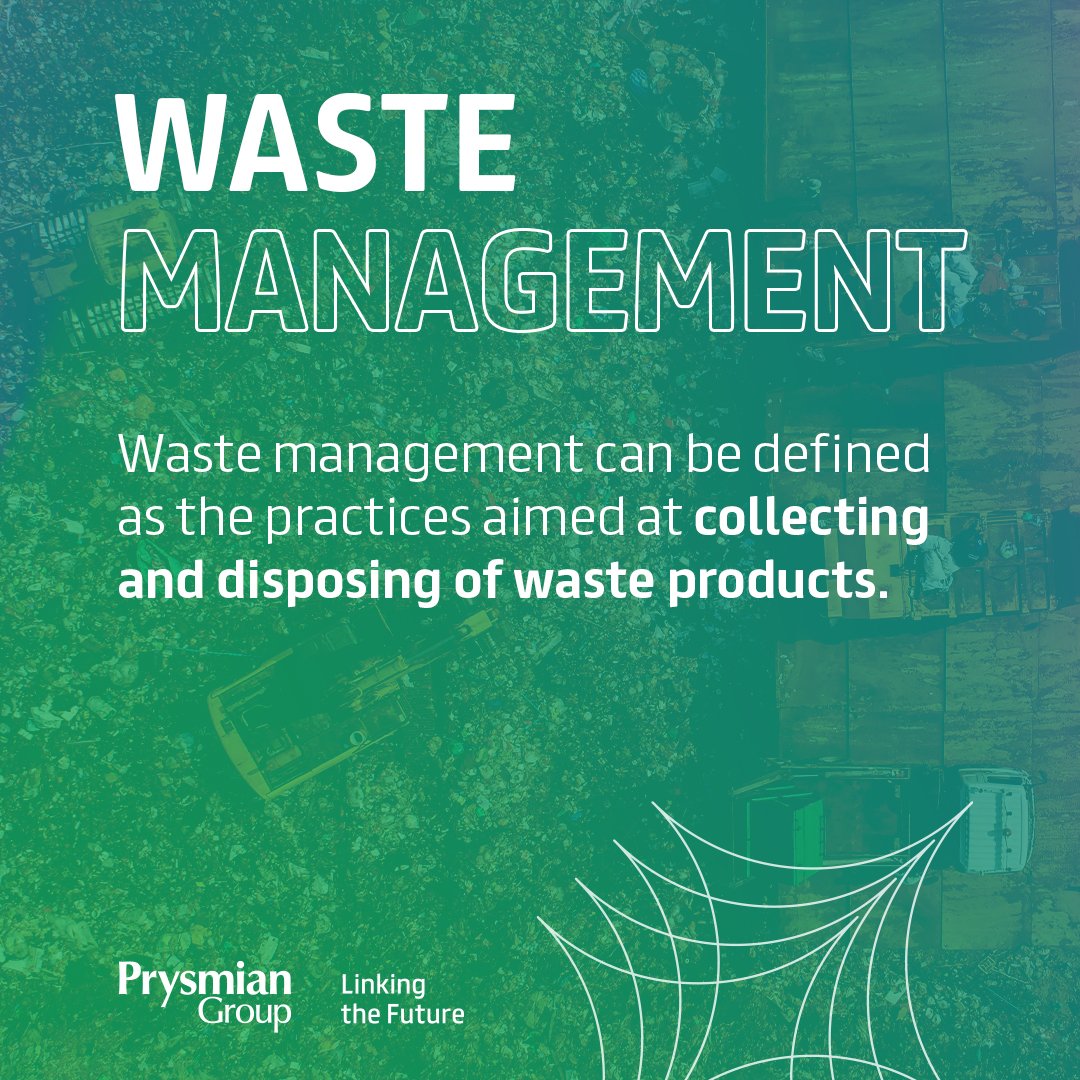An Unbiased View of Reclaim Waste
Table of ContentsSome Of Reclaim WasteTop Guidelines Of Reclaim WasteExcitement About Reclaim WasteThe Best Strategy To Use For Reclaim WasteHow Reclaim Waste can Save You Time, Stress, and Money.The 5-Second Trick For Reclaim Waste

Never ever put harmful compounds down sinks, commodes or stormwater drains Compounds consisting of gasoline, oil, oil, pesticides and herbicides, and solvents such as paint pole dancers should not be poured down sinks, commodes or stormwater drains. These compounds are hard to remove in the sewage therapy procedure and create pollution issues in our neighborhood waterways.

Fluid waste is a term that covers a broad selection of products, there's a great reason why leaving its disposal to the professionals is suggested. Fluid waste is non-solid material that has no more use and must be treated and dealt with according to regional, state and government policies.
Reclaim Waste Fundamentals Explained
Instances of fluid waste can consist of wastewater, fats, oils or grease, utilized oil, liquids, solids, gases or sludges and dangerous household fluids, there are some that are considered to be a lot more hazardous than others when it comes to the atmosphere and the health and wellness of animals and humans alike. It's because of this that each state and region have strict laws connected to liquid waste management.
Fluid waste can be kept in holding storage tanks or packaged in drums, intermediate bulk containers or approved tiny containers before either being treated or removed using outsourced vacuum cleaner trucks. Provided the nature of the materials, fluid waste can not go in the basic waste stream and there are stringent regulations on exactly how to dispose of it properly.
(http://peterjackson.mee.nu/do_you_ever_have_a_dream#c2256)Relying on a determination of the degree of threat, it may be needed to remediate those websites. On top of that, hazardous fluid chemical wastes are managed waste and should be tracked according to the state waste regulation. Under the chain of custody and duties, proprietors are responsible and liable for waste created by a service.
Among the core applications for superabsorbent polymers (SAPs) is liquid waste solidification. liquid waste disposal. SAPs are utilized by waste monitoring professionals to stop possibly hazardous liquids from entering rivers, groundwater aquifers, and other delicate settings. Because fluids can rapidly deliver contaminants into ecological receptors and possibly contribute to geotechnical failings, fluid wastes are often forbidden from disposal in land fills
How Reclaim Waste can Save You Time, Stress, and Money.
Essentially, totally free fluids are liquids that divide from the solid part of waste material. Liquid waste can include the following: HDD mud and cuttings Land fill leachate Wastewater treatment sludge & biosolids Dredged debris Oil and gas drill cuttings Working out pond muck Hydro Excavation slurry Coal burning residuals/ash Container base sludge Concrete grinding/polishing slurry Relevant Article: For a practical example of totally free liquids separating from waste product, consider the following scenario: A waste monitoring contractor lots a dump truck with sludge from a wastewater therapy plant's oygenation container, during a regular upkeep occasion.
When the vehicle driver arrives at the garbage dump, he notices water seeping from the sludge and putting from the dump vehicle. The load was rejected by the landfill and the chauffeur was required to throw away the waste as a liquid waste at a special center, which boosted the disposal charges tremendously.
We additionally need to be liable for the proper disposal of our waste products. It is not enough that we pay waste disposal companies to take treatment of our rubbish.
The 6-Minute Rule for Reclaim Waste

Segregating your waste can start inside the home. Set apart dry and fluid waste as well as edible waste, biodegradable and non-biodegradable materials.
You can utilize old garbage bin, bucket, garden pot or old plastic drums. Drill four to five openings in the container so the air can distribute. Layer the bottom with dirt to take in the damp waste. Beginning the composting process. Layer the garden compost with wet and completely dry waste along with soil to preserve a balance between the damp and the dry.
The Buzz on Reclaim Waste
Cover the garden compost bin. As soon as a week, add soil on top of the compost. To promote faster decomposition, you can likewise add semi composted soil to the garden compost. Preserve the garden compost. If you notice the odor is becoming too solid, add extra newspapers and paper waste or add more holes to the garden compost bin to keep the balance of the waste products.
We likewise need to be liable for the appropriate disposal of our waste materials. It is not sufficient that we pay waste disposal companies to take care of our rubbish.
Our waste, our responsibility. Have you ever wondered what happens to your fluid waste after it's accumulated? Did you recognize that fluid waste can be reused?
Excitement About Reclaim Waste
The optimal area is an excellent outside space with plenty of sunlight and air. Segregate your waste. Segregating your waste can start inside the home. Segregate dry and liquid waste as well as edible waste, naturally degradable and non-biodegradable products. Constantly maintain the lid on your bins to prevent bugs, worms, flies, and unpleasant odours.
You can use old garbage can, bucket, garden pot or old plastic drums. Pierce 4 to 5 openings in the container so the air can flow. Layer the base with dirt to take in the wet waste. Start the composting procedure. Layer the garden compost with wet and completely dry waste along with dirt to preserve a balance between the wet and the dry.
Cover the compost bin. Once a week, add dirt in addition to the garden compost. To help with faster decay, you can likewise include semi composted soil to the compost. Maintain the garden compost. If you observe the odor is becoming too solid, include additional reference newspapers and paper waste or include more openings to the compost container to keep the balance of the waste products.